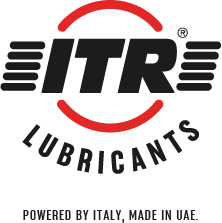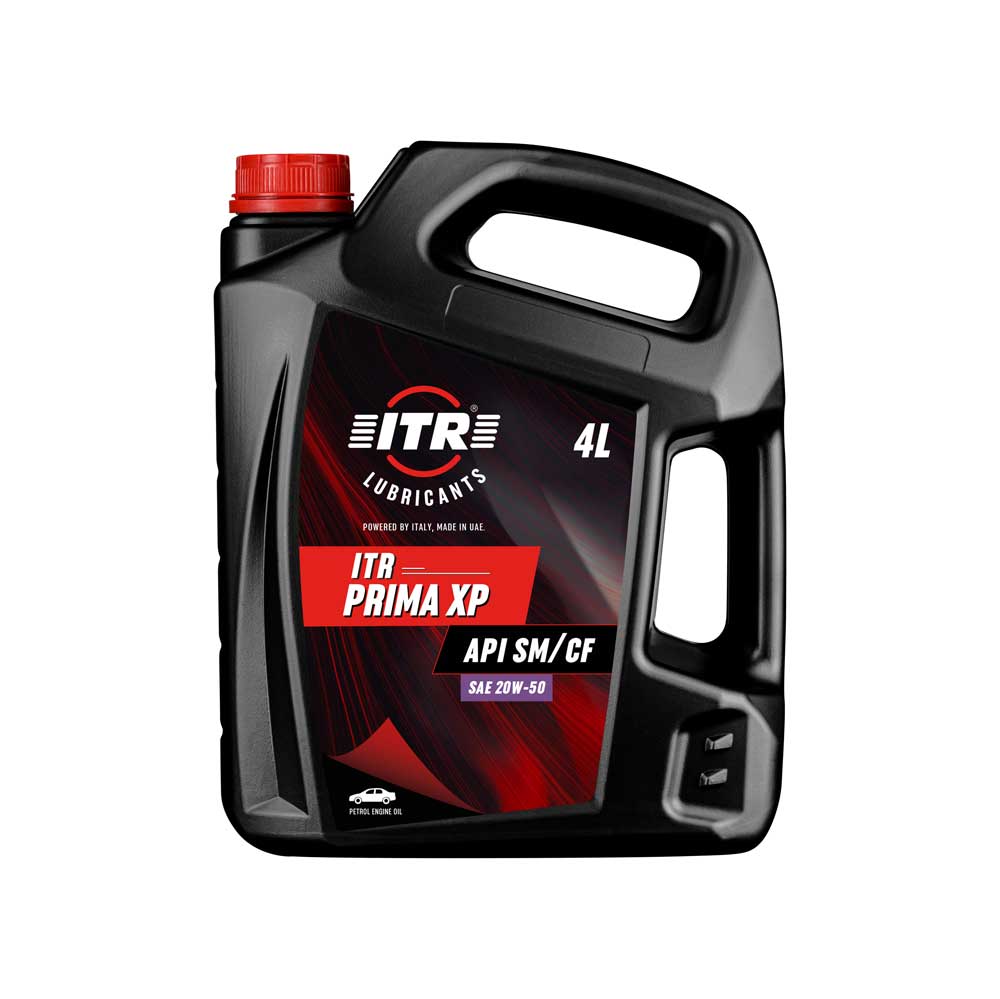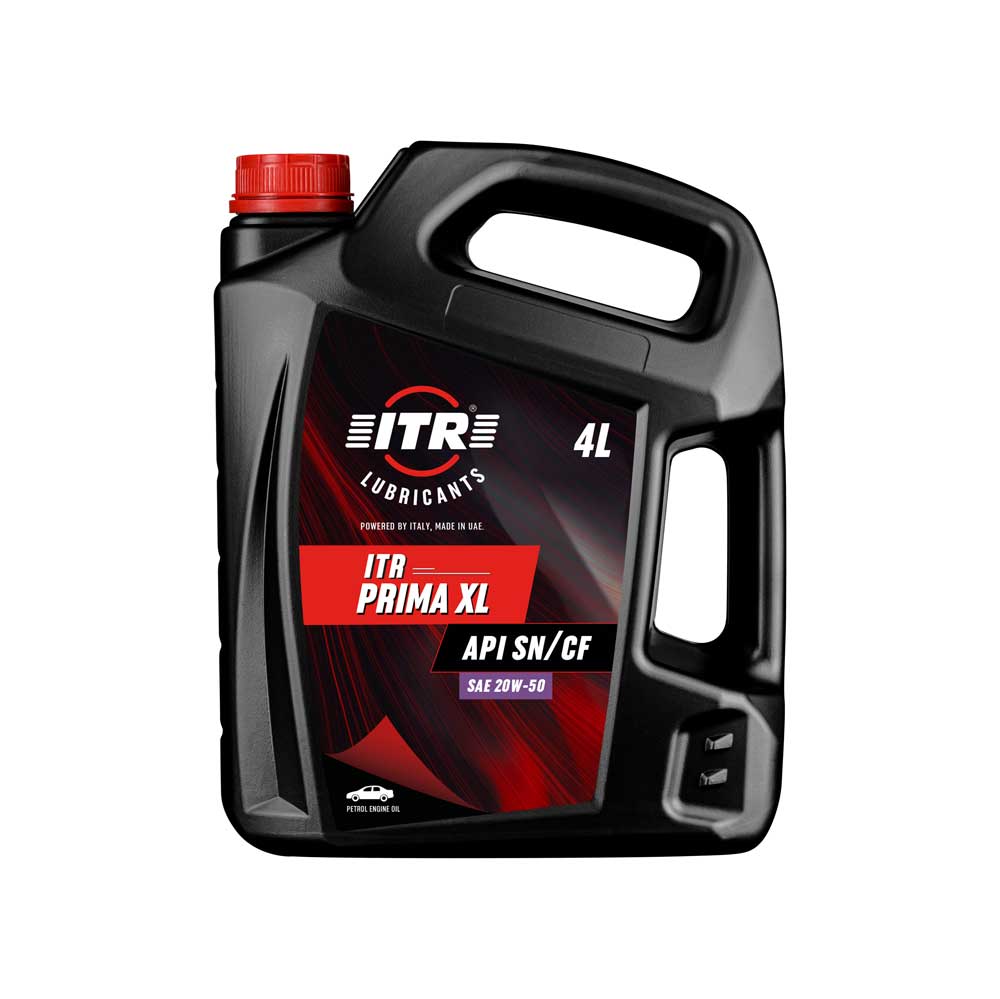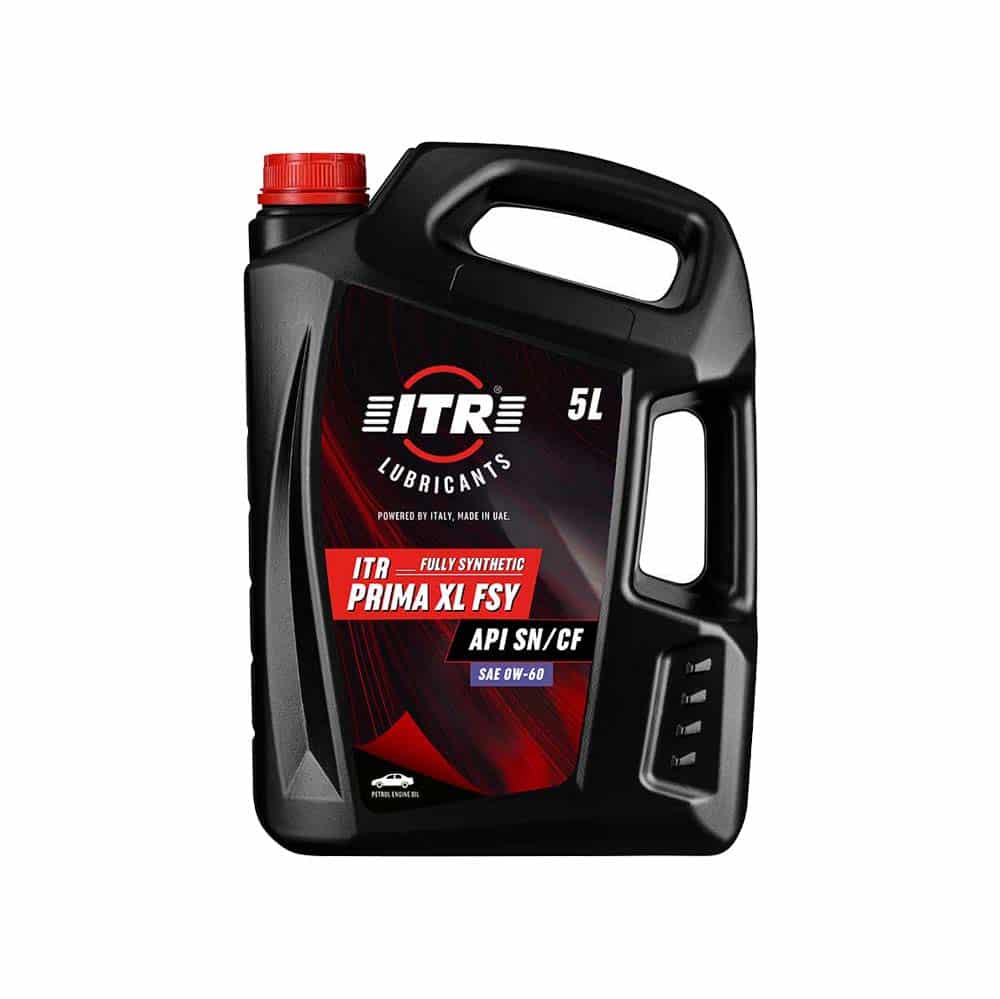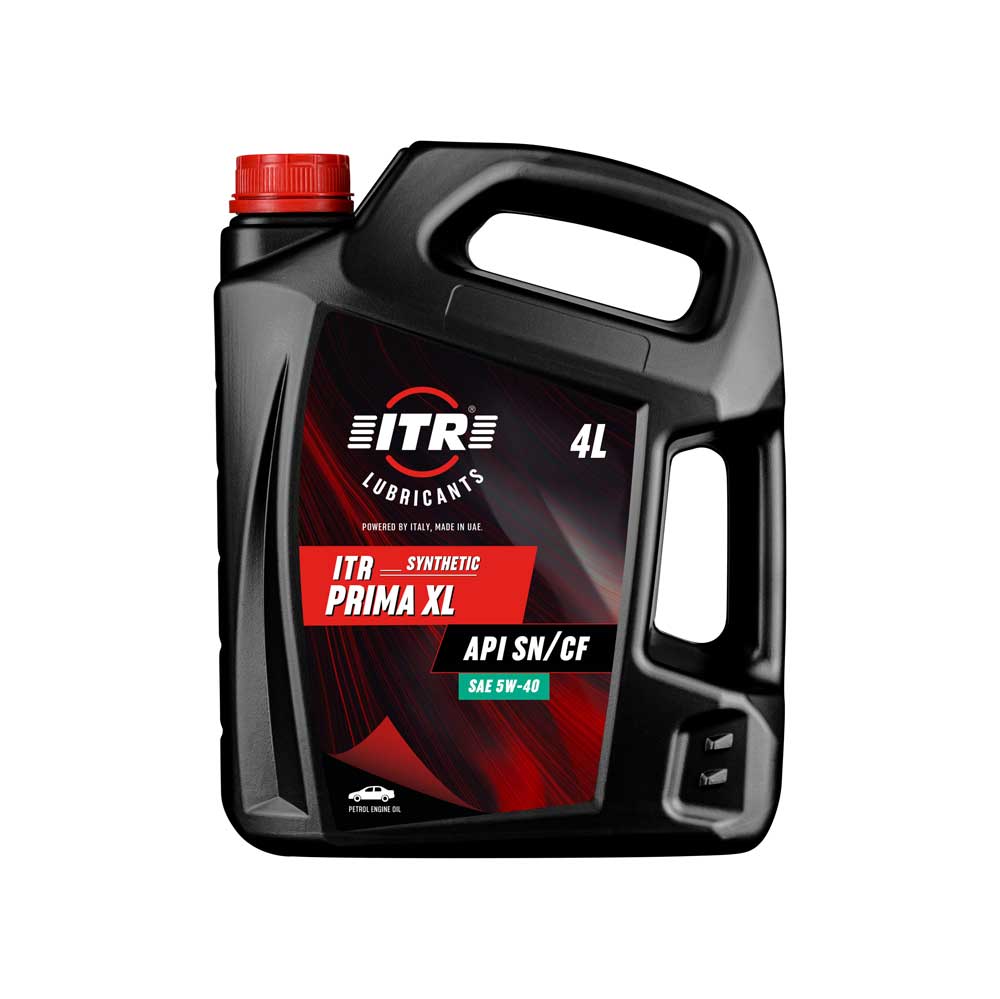Lubricants for gasoline engines are one of many things that are used to keep internal combustion engines running smoothly. Learn about the best oil type to keep your petrol engine running smoothly.
Oil is essential for the maintenance of your gasoline engine and its components. Because there are so many types and brands of motor oil on the market, selecting the best oil for your engine can be difficult. If you use the right oil, either synthetic or semi-synthetic, you won’t have to fix a broken engine.
If you use the best oil, your engine will operate effectively. Oil gets rid of impurities by stopping sludge and carbon from building up, which makes the moving parts of the engine move more easily. Thus, oil prolongs the life of your engine and prevents corrosion of its components.
ITR has a state-of-the-art petrol engine oil range manufactured to international standards. The plant holds approvals such as API and ISO 9001, which guarantee the quality of the products blended , and thus become the perfect choice for automotive and industrial vehicles.
